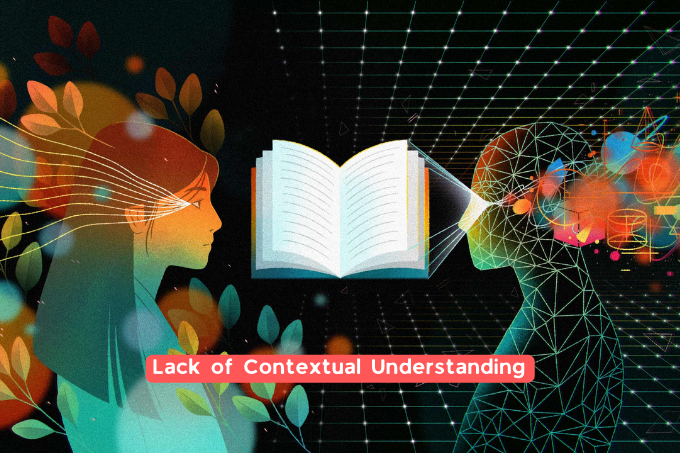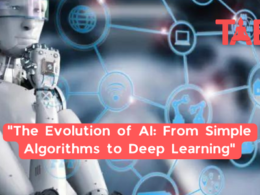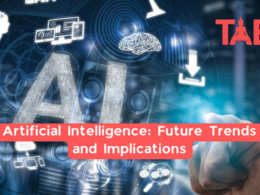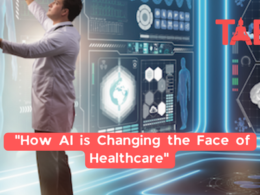As artificial intelligence (AI) continues to advance across diverse industries, it is imperative to acknowledge and comprehend its inherent limitations. While AI promises to transform our work and lifestyles, recognizing these boundaries is crucial to mitigate unrealistic expectations and prevent unintended consequences. This article will delve into the constraints of AI and explore strategies for optimizing its use to improve our lives.
Introduction
AI represents the advancement of computer systems capable of performing tasks typically identical with human intelligence. This encompasses image and speech recognition, decision-making, and natural language processing. AI finds applications across diverse industries, from healthcare and finance to transportation. Nevertheless, it’s crucial to acknowledge that despite its vast potential, AI has inherent limitations that demand comprehension and awareness.
Limitations of AI

Limited Data
A fundamental limitation of AI lies in its dependency on data. AI algorithms require substantial datasets to learn and make precise predictions. In cases where data is insufficient, the AI system may struggle to perform its task effectively. Furthermore, the data quality can significantly influence the accuracy of the AI system. The AI system may yield biased or inaccurate results if the data is limited or incomplete.
Lack of Contextual Understanding

Another constraint of AI lies in its incapacity to grasp context fully. While AI excels at analyzing and processing data, it may struggle to comprehend the context in which the data is applied. For instance, an AI system might identify a patient’s specific symptoms but may lack a comprehensive understanding of the patient’s medical history or the broader context of those symptoms. This deficiency in contextual comprehension can potentially result in erroneous diagnoses and decisions.
Lack of Creativity
AI is also constrained in its capacity for creativity. Although AI excels in tasks that demand logical reasoning and analysis, it may fall short when generating entirely original ideas or creating entirely novel works. This limitation becomes particularly pertinent in fields like art and music, where creativity is paramount.
Dependence on Human Input
AI systems are also reliant on human input. Human programmers must give AI algorithms instructions for processing the data they analyze. Consequently, the accuracy and efficiency of the AI system hinge significantly on the quality of the human input it receives.
Ethical Concerns

Ethical concerns represent another constraint associated with AI usage. AI can be programmed to make judgments based on certain values or objectives, but these values and objectives might not necessarily align with those of society at large. Moreover, there’s apprehension that AI systems could potentially reach a level of intelligence that renders them uncontrollable, giving rise to unforeseen and unintended consequences.
Conclusion
We must acknowledge the limitations of AI as we progress in developing and deploying AI systems. Grasping the confines of AI is crucial in averting unrealistic anticipations and forestalling unintended repercussions. Despite AI’s capacity to potentially revolutionize our work and daily lives, it is vital to approach its creation and integration with prudence and meticulous thought.
FAQs
1. What are the limitations of AI?
The limitations of AI include limited data, lack of contextual understanding, lack of creativity, dependence on human input, and ethical concerns.
2. Can AI be creative?
AI is restricted in its ability to be creative. While it can perform tasks that require logical reasoning and analysis, it may not be able to develop original ideas or create something entirely new.
3. Why is understanding the limitations of AI important?
Understanding the limitations of AI is essential to avoid unrealistic expectations and prevent unintended consequences.
4. Can AI be biased?
Answer: AI can be biased if the data it is trained on is biased or incomplete.










